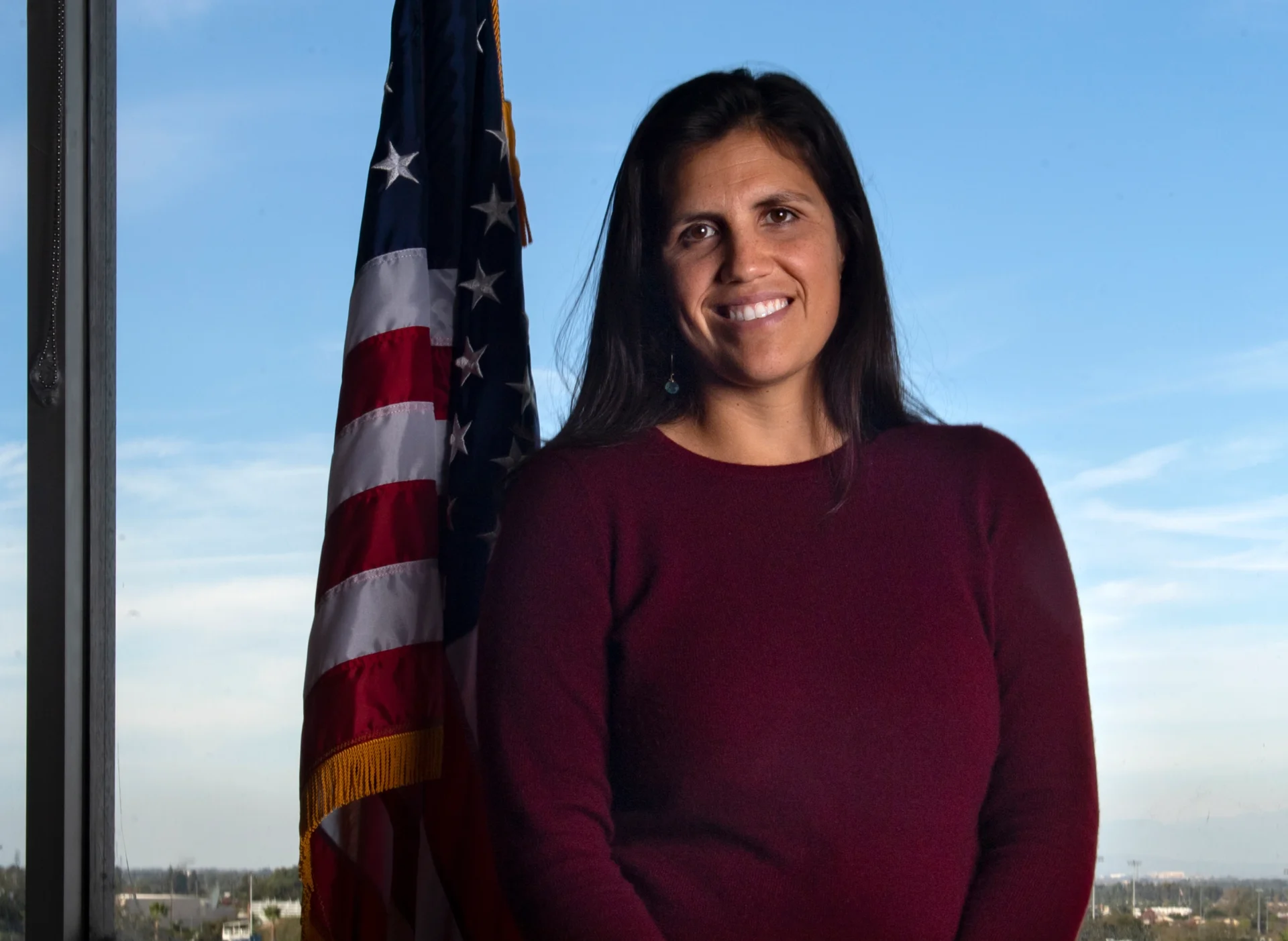Reynolds was on the Ad Hoc Housing Committee that drafted Measure K, rolling back residents’ right to vote on housing developments.
Six years ago, a group of residents of Costa Mesa worked to draft legislation that would compel the city council to seek the vote of Costa Mesa residents for the approval of any major development projects. The legislation went to the ballot as Measure Y and was adopted after a majority vote.
New legislation, Measure K, could remove the voter approval aspect for major development projects in the city.
Councilmember Arlis Reynolds is part of the push for Measure K’s passage. She is a member of the Ad Hoc housing committee which drafted the measure along with Mayor Pro Tem Andrea Marr and Councilman Jeffrey Harlan. With the passage of Measure K the city council is granted things like increased authority on development projects with final approval falling into their hands.
The Housing Ad Hoc Committee hosted one public meeting on the measure. Post-meeting, they advanced amendments at a city council meeting deciding if the measure goes to the ballot. The late nature of the amendments gave councilmembers little time to afford a thorough review.
Reynolds and Marr have refuted claims that Measure K was ‘rammed through’ to the ballot without public opinion.
City councilmembers who support Measure K stress its importance to comply with the state’s requirement for cities to plan for affordable housing. Future development projects in cities, according to new state rules, require on-site, taxpayer-subsidized, low-income housing.
Opponents of the measure say there isn’t any specific language in Measure K that mandates any of the housing units be built for middle and working class families, seniors, veterans or the disabled. Developments in other cities working to comply with the state’s requirement for affordable housing have shown how, without clear mandates, this can be flexible. In one instance a mixed-use, high density dwelling allotted only nine of its seventy-two units to low income residents.
The passage of Measure K also does not have a guarantee that the housing need for low income residents is actually met. Additionally, it could bring into the city thousands of more people without actually fulfilling the goal of the state’s requirements.
“Housing has been one of the most important issues we’ve discussed since the first meeting of my first term. Doing nothing is not an option. We’re here to represent the people of Costa Mesa, and 50% of people have housing concerns, so we have to take care of that,” Reynolds stated.
While the Housing Element identified a few areas for development for compliance, Measure K expanded to areas along all Costa Mesa’s corridors.
“There is nothing that requires affordable housing in Measure K,” a former City Councilmember, Jay Humphfreys noted.
Still, Reynolds believes the City Council can provide the answers.
“We can address current housing needs and begin investing in ways that Costa Mesa residents really want,” Reynolds said in reference to Measure K.

